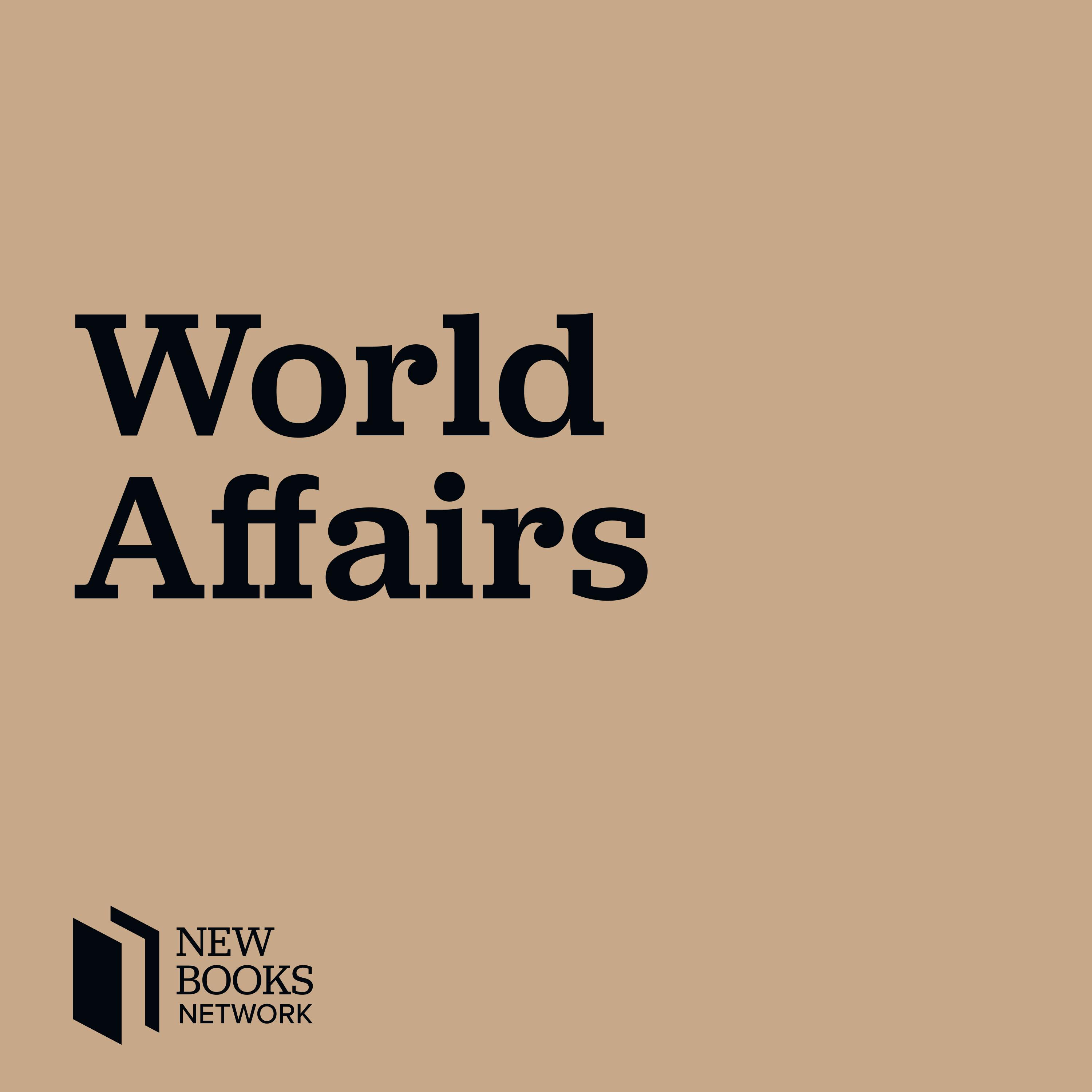"War is what you make of it" with Neta Crawford of Oxford University and the Costs of War Project
Description
We begin this new season of International Horizons with an interview by RBI Director John Torpey with Neta Crawford from Oxford University and the Cost of War Project. Prof. Crawford argues that conflict is less lethal than in the past, although the overall costs of war exceed the duration of previous wars in many dimensions. The conversation delves into the possibilities of a conflict with China and Crawford's concern that the U.S's overreaction to the Chinese challenge could be extremely perilous. That said, misperceptions and misconceptions of the so-called "China threat" can be mitigated through diplomatic exchanges. Finally, Professor Crawford discusses the costs of the ongoing conflict in the Middle East, arguing that war has both domestic and external causes and consequences – a point that needs to be better understood when we think about war today.
International Horizons is a podcast of the Ralph Bunche Institute for International Studies that brings scholarly expertise to bear on our understanding of international issues. John Torpey, the host of the podcast and director of the Ralph Bunche Institute, holds conversations with prominent scholars and figures in state-of-the-art international issues in our weekly episodes.
Learn more about your ad choices. Visit megaphone.fm/adchoices
Support our show by becoming a premium member! https://newbooksnetwork.supportingcast.fm/world-affairs
More Episodes
Development is political but what does that mean for how we solve some of the biggest challenges facing the world today? A pathbreaking new book, The Politics of Development (Sage, 2024), sets out to answer this question and many more. Why is it so hard to reduce corruption, deliver good quality...
Published 05/16/24
Throughout the nuclear age, states have taken many different paths toward or away from nuclear weapons. These paths have been difficult to predict and cannot be explained simply by a stable or changing security environment. We can make sense of these paths by examining leaders' nuclear decisions....
Published 05/16/24
For centuries, the vastness of the Chinese market tempted foreign companies in search of customers. But in the 1970s, when the United States and China ended two decades of Cold War isolation, China’s trade relations veered in a very different direction. In Made in China: When US-China Interests...
Published 05/16/24


